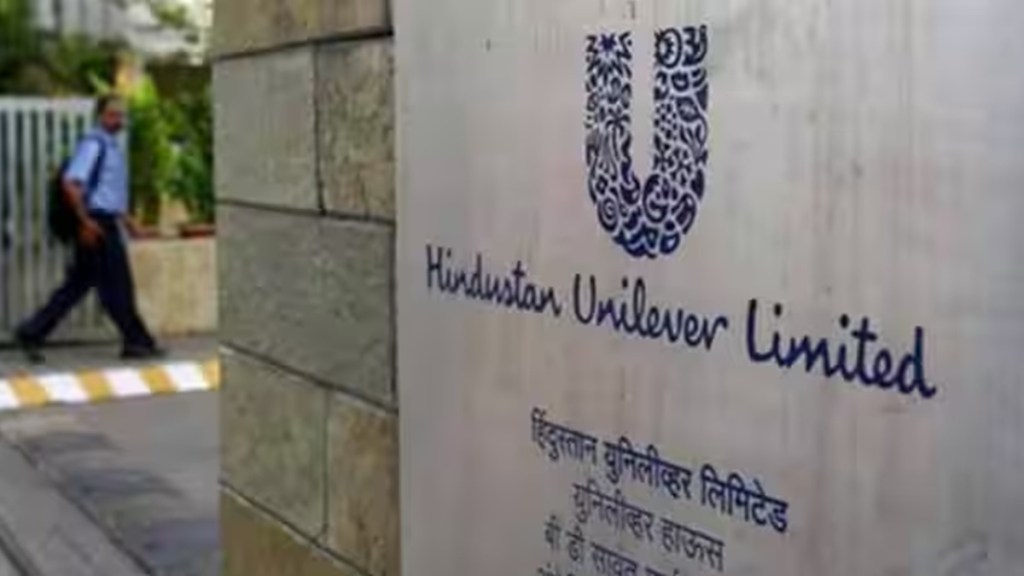The country’s largest consumer goods company, Hindustan Unilever (HUL), will focus its attention on 19 large brands within the portfolio, as it seeks to shore up topline growth, MD & CEO Rohit Jawa said during an analyst call. These brands include labels such as Surf Excel, Wheel, Brooke Bond Red Label, Pond’s, Dove and Lux among others, all of whom have a turnover in excess of Rs 1,000 crore.
While outlining the company’s strategy for the future, Jawa, who took over from Sanjiv Mehta at June-end, said that the company would double down on digital and the Winning In Many Indias (WIMI) strategy that classifies the country into 15 consumer clusters. “Our core belief is that what is good for India is good for HUL. A lot of what we have already been doing has strengthened our business and we will continue to build on it,” Jawa said.
HUL saw topline growth of just 3.6% for the September quarter amid muted rural demand. Profit growth of nearly 4% beat Street estimates, aided by a one-time gain during the quarter. Though urban demand remained resilient in Q2, volume growth for the period was the lowest in six quarters at 2% only, analysts tracking the company said. This is despite the company taking price cuts in laundry and personal care, which saw price growth remain flat for HUL during Q2.
The September quarter was the first three-month period of earnings under Jawa for HUL and was a period of uncertainty amid patchy rainfall and food inflationary pressures. While the crude-linked basket of commodities remained benign, HUL did call out concerns with regard to crude volatility in the future given the ongoing Israel-Hamas war in the Middle East.
The WIMI strategy, meanwhile, focuses on a micro-level execution of innovations and product variants to ringfence HUL brands against competition. The 15 consumer clusters help provide insights into product development, marketing and research. These are supported by 16 country-category business teams that function as micro-organisations to reduce the time taken to land innovations, experts tracking the market said.
Jawa admitted during the earnings call that the overall FMCG market continued to witness heightened competitive intensity, with HUL losing share at the mass end of the market in categories such as tea and detergents.
“We have seen the resurgence of small and regional players in select categories and price points, many of whom had vacated the market during the peak of inflation. When you look at tea or detergent bars, smaller players are growing significantly ahead of large players,” Jawa said.
For instance, in tea, HUL said that the market value of small players had grown 1.4 times than that of large players. In detergents, the market value of small players had grown 6 times to that of large players.
Jawa also said that HUL would build categories of the future and focus on winning in channels of the future.
“We will also need to structurally reset our cost base, which will help generate fuel to invest back in growing the business. To this end, we’ll continue leveraging our net revenue management to drive savings across all lines of the P&L statement,” Jawa said.
